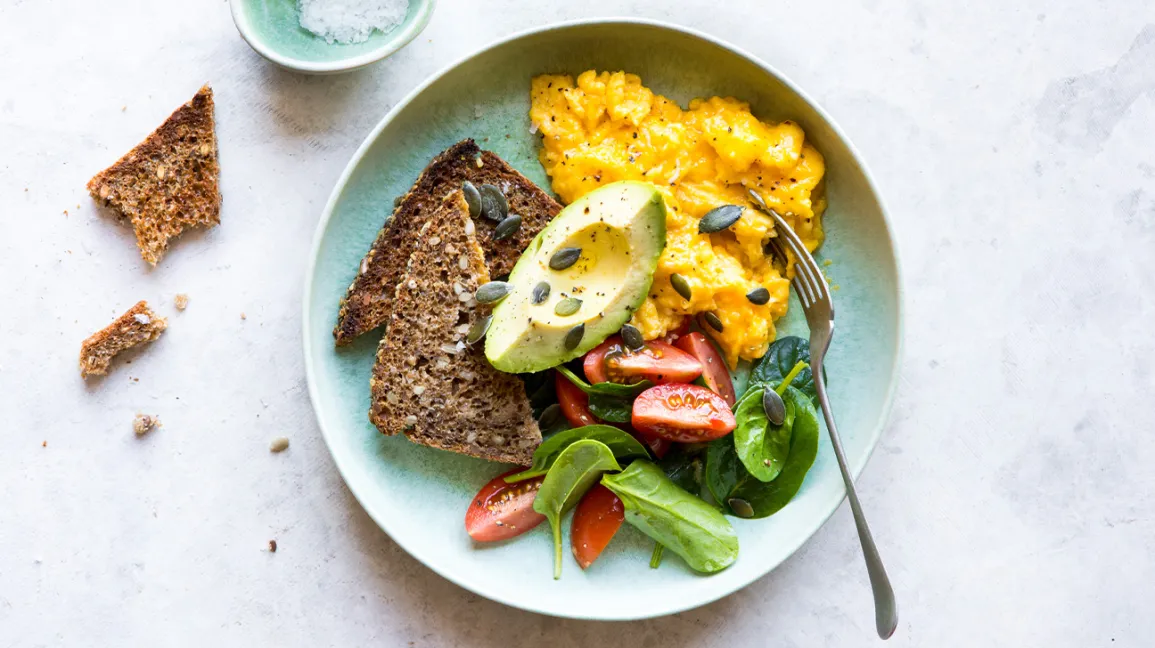
Losing weight and maintaining a healthy weight are both very different challenges. There are a number of ways in which you can lose weight quickly with the help of fad diets, but these are far from healthy choices and, unfortunately, don’t last once you return to a normal diet. The weight will pile back on once you stop dieting, and you’ll feel as though you’ve returned to square one. Seeking to reduce your weight and then maintain a healthy weight will instead take a bit longer but will be far more effective in the long run. Here are some steps you can take to reach a weight you’re happy with and to prevent yourself from returning to a higher weight.
Choose Healthy Snacks
Snacking is a common contributor to weight loss challenges. Changing the way in which you include snacks in your diet can significantly improve your chances of losing weight and keeping it off. Where possible, try to curb the number of snacks you eat each day and note whether you’re snacking because you’re hungry and need some extra energy or whether you’re snacking due to boredom. As well as reducing the amount of snacking you do, try to choose healthier snack options where possible, especially those that contain no saturated fats and processed sugars.
Eat Less Saturated Fat
As well as being found in processed snacks, saturated fats can be found in your meals too. It’s very important to remember fats themselves are not inherently bad for you. In fact, certain fats, most notably unsaturated fats, are very good for your health. Unsaturated fat can be found in many different foods, including avocados, olive oil, nuts and seeds. If you’re still struggling to cut fats out of your diet, you could make use of meal replacement shakes like those from Shake That Weight. These contain a selection of essential macronutrients and vitamins. However, it’s important to remember that these should only be used in conjunction with a balanced diet. Speak to your GP before using these if you’re unsure.
Eat More Vegetables
Not only are some vegetables packed with protein and carbohydrates, providing the body with energy and the ability to grow and repair body tissue. As well as these essential macronutrients for the body, vegetables also serve to provide people with important vitamins and minerals too. Vegetables contain a variety of these essential micronutrients, including vitamin A, vitamin C, vitamin D, iron, calcium, and potassium, to name a few. Vitamins and minerals play an important role in keeping the body functioning properly and contain much fewer calories than many other types of foods, allowing you to gain the nutrients you need while limiting weight gain.
Stay Hydrated
Drinking plenty of water each day has been proven to assist in weight loss. Staying hydrated is incredibly beneficial to us, whether your goal is to lose weight or not. But in regard to this link to weight loss, drinking water can help you feel fuller so as not to overeat, and it can also directly influence your metabolism. This increase in the metabolic rate will help your body to burn calories faster. Choosing to drink water over other drinks such as alcoholic beverages or soft drinks will also reduce the number of unhealthy sugars finding their way into your system, which would otherwise contribute to weight gain.
Leave a Reply